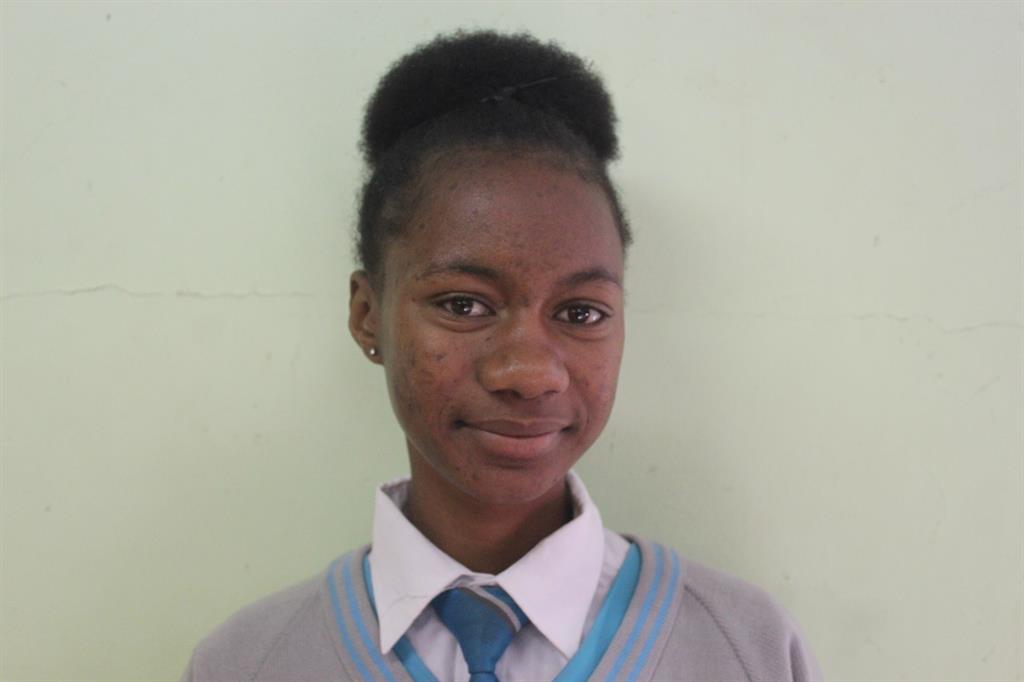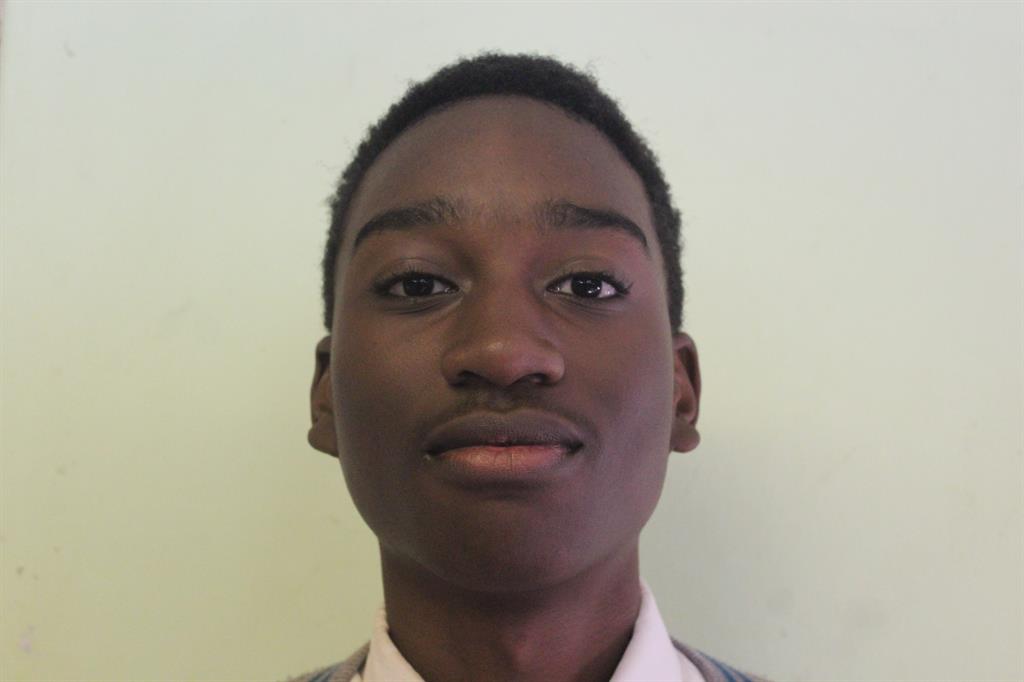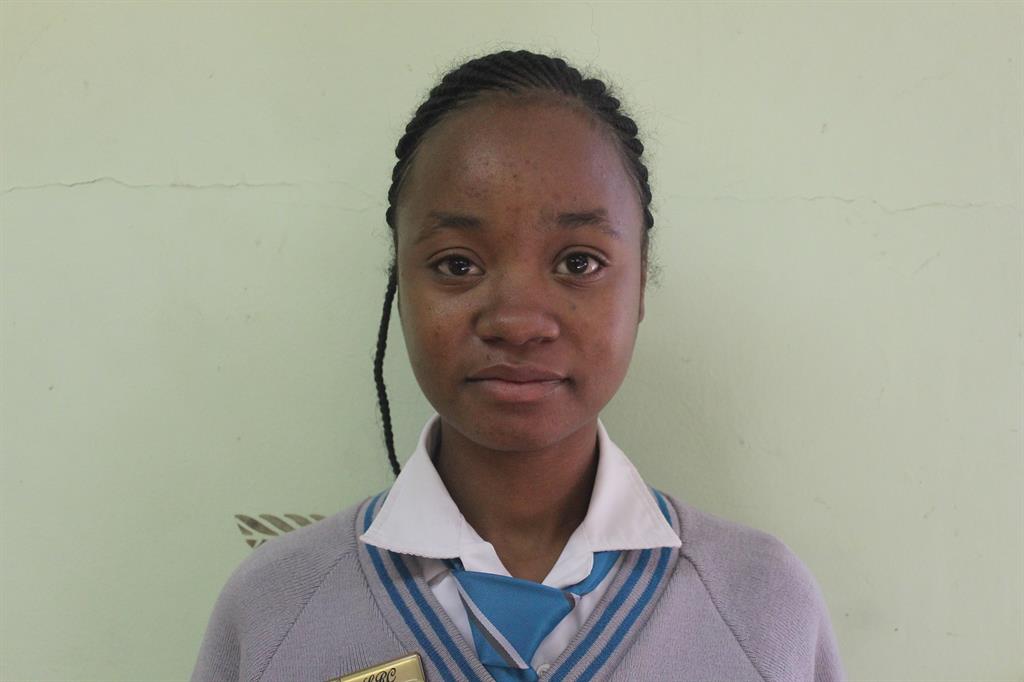Being heard
Justicia ShipenaOne of the greatest challenges I have faced with writing a column has been taking a specific posture in each one. It seems fundamental that a piece writing in the opinion section of a newspaper contains an opinion, but that is harder to achieve than expected.
I have sought to balance being relatable and assertive in my writing, and in doing so, I have realised that this struggle to be firm in my stance, without alienating others, is a common struggle among all feminists and columnists.
In a society that etherises the feminine, treating it as something inherently different or alien, to be an advocate for it means we must find our own voices and believe that they deserve to be heard.
‘Being heard’ is a concept I learned from a good friend of mine. She used to answer all her text messages with ‘heard’ rather than ‘yeah’ or ‘OK’. When I asked her why, she said, “Heard is the new ‘word’.”
Never mind that she was reading with her eyes and not listening with her ears. When we write something, we are saying it; we should likewise be ‘hearing’ when we read.
Being heard has always been an interesting phrase to me, because it is not the same as ‘being listened to’.
Within this juxtaposition, ‘heard’ suggests power on the part of the hearers. Though they may hear all the noise surrounding them, they choose what they listen to and judge what to agree with, as is their right.
While hearing may not be the same as listening or agreeing, we nonetheless acknowledge the importance of what is being said, learn things we didn’t know before and expose ourselves to different ideas about how to make the world a better place. Then we respond. Feminism uses these conversations to amplify the voices of women and validate their experiences.
But quieter voices expressing new ideas and different perspectives can be drowned out over time by remarks like “you belong in the kitchen” or more targeted attacks like: “Why don’t you write about something less trivial?”
Neither feminists nor journalists can afford to worry about what people think of them outside of their immediate circles or let critics detract from their right to be heard. I consider myself lucky to be writing for such an encouraging and supportive network of people.
When I set out to write this column, I hoped I would have a chance to teach my readers and learn from them, and I can honestly say that I’ve done more of the latter than I anticipated.
It is often said writing provides a bubble of safety for its students - be it physical, spiritual, emotional or intellectual.
I’ll agree that it is a better environment than many others for an accidental feminist to find her footing and take a stance, but it has by no means protected me from criticism, be it from Twitter trolls or anyone else.
I wouldn’t have it any other way. At least I know I’m being heard.
I called this column ‘The accidental feminist’, because it was always intended to be aspirational in tone. I am accidental no longer, but I am still evolving in uncertain ways. Despite that uncertainty, I can now picture the feminist I intend to become. And I know that to be her, I must be heard.














Comments
My Zone
No comments have been left on this article